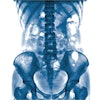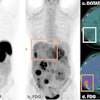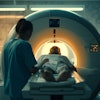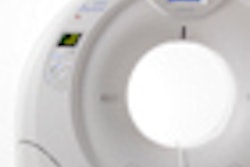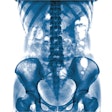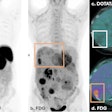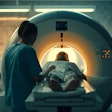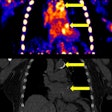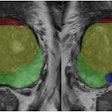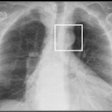Cancer treatments are extending the lives of patients, if not curing them outright. But both the disease and the curative treatments may negatively affect bone metabolism. Is routine screening for osteoporosis warranted among these patients?
A study of more than 1,000 cancer patients living in the Baden-Württemberg state of Germany supports the argument that it is economically prudent and clinically justified to perform a dual-energy x-ray absorptiometry (DEXA) exam. The findings of the study were published online 14 July in Osteoporosis International.
A total of 16% of patients were diagnosed with osteoporosis and 44% with osteopenia. This was a considerably higher percentage than published statistics of the general population of postmenopausal German women and estimated to be higher in men, according to principal investigator Dr. Monika Reuss-Borst, medical director of the FÄ für Innere Medizin Rheumatologie at the Klinik Am Kurpark in Bad Kissngen.
Patients who received treatment for a variety of cancers at the Klinik between February 2006 and August 2009 also had a DEXA exam to assess bone mineral density of the total hip and lumbar spine. More than three-quarters (78%) of the 1,041 patients were women, a skew that could be explained by the fact that half of the patient cohort was being treated for breast cancer and 11% received treatment for gynecologic cancers (61.6% total).
The mean age of the patients was 57 years. Two-thirds of both men and women were overweight or obese; only 11 patients, or 1% of the total, were underweight.
The researchers determined that osteoporosis prevalence was independent of type of cancer, sex, type of cancer treatment, and hormone suppressive treatment. For women, age, body weight, menopausal state, and if they were taking hormone replacement therapy proved to have significant associations, and for men, body weight had a significant association. With this patient cohort, the risk of osteoporosis was reduced by 7.3% per kilogram.
The fact that men with apparent osteoporosis had a reduced bone mineral density (BMD) of 44% and women had a BMD of 45% suggested bone metabolism is impaired at an early stage in cancer patients, according to the researchers. The authors did not measure vitamin D levels of the patients, and they suggested future studies include this measurement.
In view of the susceptibility of aging patients with osteoporosis and osteopenia to fractures, and the fact that many cancer patients will survive their disease and live into old age, the authors contend that DEXA screening of cancer patients is recommended.
